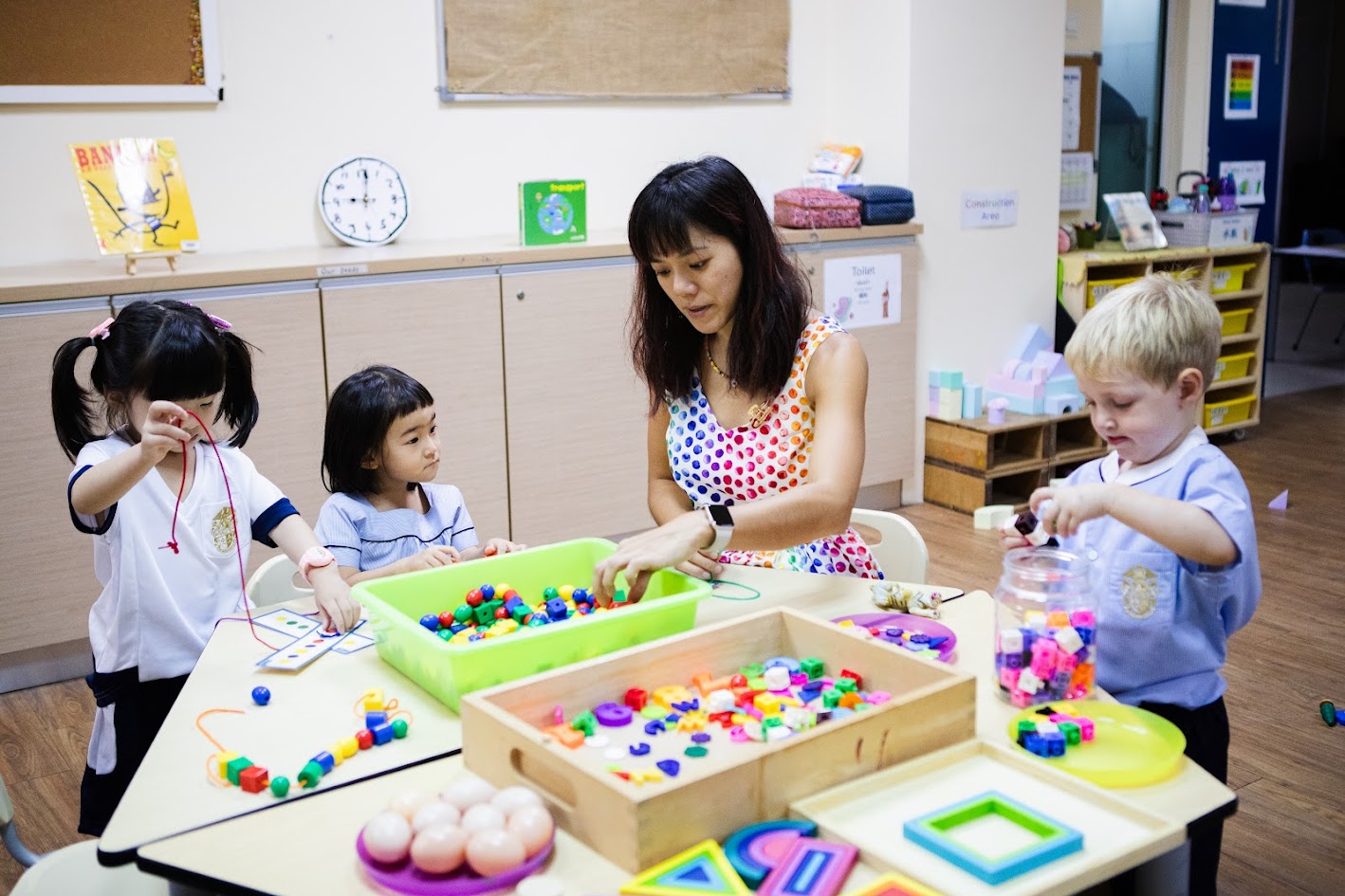Talk for Learning: How Conversations Shape Children’s Minds

Why is it that some children seem to have super brains and can engage themselves in every situation, thinking actively, and learning from their experiences, while others not so much?
Of course, there may be many aspects to the complex development of children, but the experts at the McGovern Institute at MIT may have discovered one factor that could be greatly impacting this development.
We may not be surprised to hear that the exposure of language has a positive influence on children’s language development, but what does this mean? Does this mean we need to talk to our children more, read to them more, or help them learn more words?
In the project “Beyond the 30 Million Word Gap”, the investigators at the McGovern Institute discovered that the number of words children hear or how often adults speak to them have little impact on their brain functions.
This was surprising even to the investigators.
So what are we doing wrong? Or right?
In fact, they discovered that children’s language functions are greatly linked to one thing: the number of turns they take in a conversation.
This is called “talk for learning”, where children have the opportunity of turn-taking when they converse.
There is a part of our brains’ language areas called the Broca’s area, which lights up when it is more active during language exposure, such as when reading a book. For children who experience more turn-taking, this part of their brains light up more.
What we can learn from this is simple and accessible.
We can respond to children with open-ended questions, we can inspire them to inquire further, and we can allow children the space to discuss and wonder about whatever little things they notice.
This means that when a child asks us a simple question, instead of answering them or teaching them right away, we could ask them an open-ended question back. When children discuss or debate something, we can observe rather than interrupt them. This also means that sometimes the activities we do are less important than the conversations we have together.
Let’s all allow the children around us the opportunity for turn-taking and use “talk for learning” to converse with them and light up their language minds.
Ms Cindy Chen
Early Education Leader, Prep School